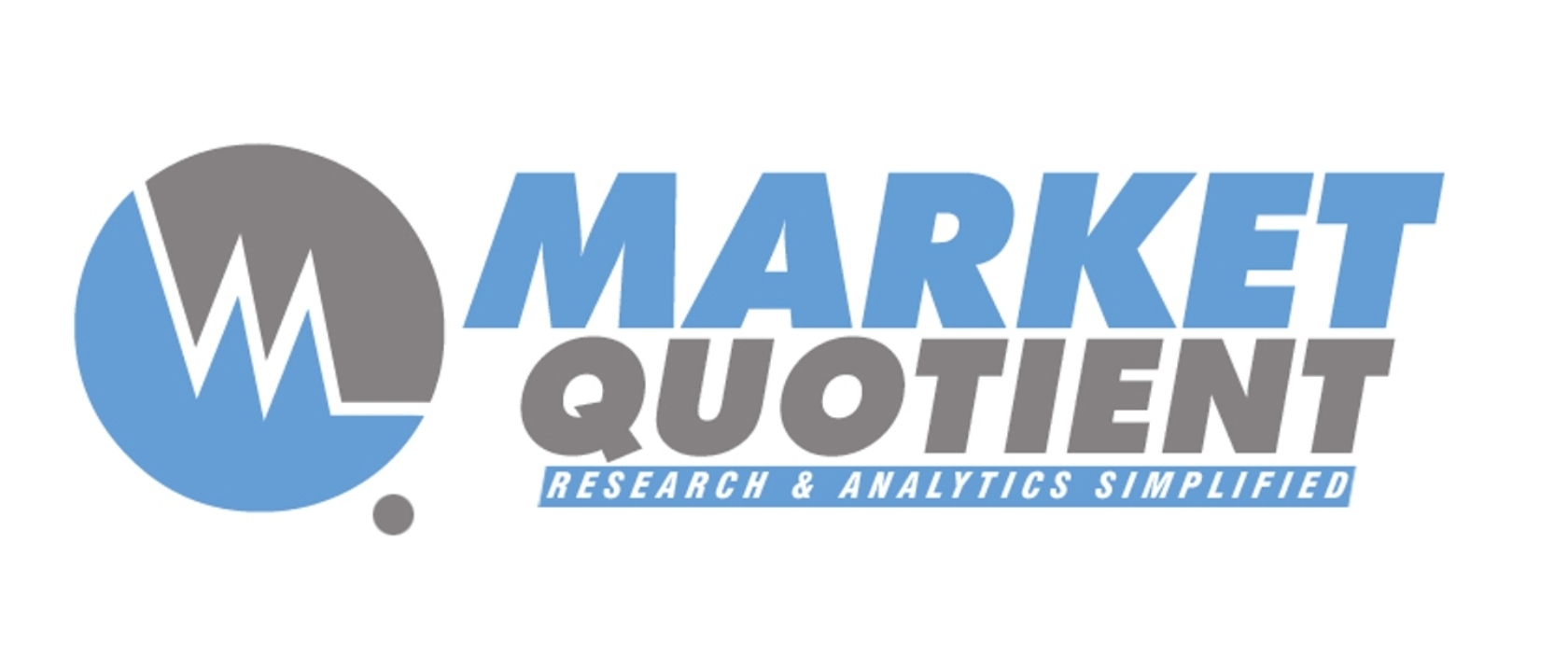After discussing use of analytics in Economics, Media, Law and Entertainment, a major area that remains left is Politics. It is not difficult to understand the application of Analytical Tools in the political scenario. Analytics can be made use of in different stages of politics: campaigning, ruling and opposing.
During political campaigns, Predictive Analytics can be used to prescribe party-agenda that can lure the voters. On the basis of past events coupled with latest trends in other markets, public expectation and mentality in the future can be predicted. For example, Nate Silver’s use of statistical analytics had proved to be quite accurate in determining Bush’s 2012 win for the presidential candidature. However, many knowledgeable academicians were of the view that numbers can never measure human sentimentality accurately. In fact, Michael Gerson said, “An election is not a mathematical equation; it is a nation making a decision. People are weighing the priorities of their society and the quality of their leaders. Those views, at any given moment, can be roughly measured. But spreadsheets don’t add up to a political community.”
But, Silver argued back that elections could really be broken down into equations and by averaging down the polls and simulating Electoral College, the results were pretty much accurate. Nick Kolakowski writes in an article, “In a quest for votes and money, the Democratic and Republican campaigns erected enormous—and highly secretive—data mining systems. Numerous publications detailed Obama’s team of data scientists, developers and engineers dedicated to digging through mountains of data—most of it collected from social networks and various online sources—in search of actionable insights. According to the Associated Press, Romney’s campaign used data tools to locate and tap into potential donors.”
Analytics can also be used in administration, while designing and implementing public policies. But these tools are more likely to be used to ensure seize of the voting banks, instead of ensuring development of a nation. Similarly, the opposing parties will use analytics before opposing a step taken by the ruling party, so that they don’t further dampen their possibilities of winning in the next election.
To impart honesty to the political system, penalization and incentivization have to be introduced while designing the policies. But, who is to do that? Surely the rulers won’t choose to penalize themselves! Hence, cleaning the dirty game of politics has rather become a problem of vicious circle.
To know more on this topic, please write to us at contact@marketquotient.com.





